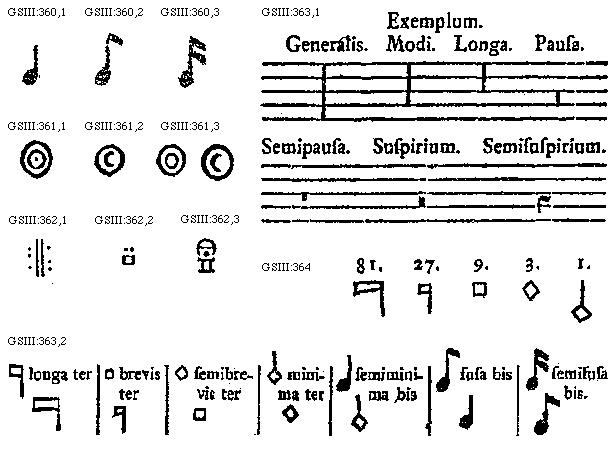
“How, then,” you ask, “does he seek it?” Precisely as he seeks an object of great beauty, not attracted to it by desire for gain, nor What then? Can a cause which is more honourable produce a passion that is base? You may retort: “We are not now discussing the question whether friendship is to be cultivated for its own sake.” On the contrary, nothing more urgently requires demonstration for if friendship is to be sought for its own sake, he may seek it who is self-sufficient. But, though this is true, does anyone love for the sake of gain, or promotion, or renown? Pure a love, careless of all other things, kindles the soul with desire for the beautiful object, not without the hope of a return of the affection.

Beyond question the feeling of a lover has in it something akin to friendship one might call it friendship run mad. The friendship which you portray is a bargain and not a friendship it regards convenience only, and looks to the results. A man will be attracted by some reward offered in exchange for his friendship, if he be attracted by aught in friendship other than friendship itself.įor what purpose, then, do I make a man my friend? In order to have someone for whom I may die, whom I may follow into exile, against whose death I may stake my own life, and pay the pledge, too. He who begins to be your friend because it pays will also cease because it pays. The beginning and the end cannot but harmonize. Hence, also, we notice those many shameful cases of persons who, through fear, desert or betray. Hence prosperous men are blockaded by troops of friends but those who have failed stand amid vast loneliness, their friends fleeing from the very crisis which is to test their worth. opponam is used in the double meaning of “set against” and “mortgage,” cf. 2 et before opponam omitted by many editors, but retainedīy Hense.1 quia expedit, et desinet, added by Haase.“Quomodo ergo ad illam accedit?” Quomodo ad rem pulcherrimam, non Nam si propter se ipsam expetenda est, potest ad illam accedere qui se ipso contentus est. Quid ergo? Ex honestioreġ2 causa coit turpis adfectus? “Non agitur,” inquis, “nunc de hoc, an amicitia propter se ipsam adpetenda sit.” Immo vero nihil magis probandum est. Numquid ergo quisquam amat lucri causa? Numquid ambitionis aut gloriae? Ipse per se amor omnium aliarum rerum neglegens animos in cupiditatem formae non sine spe mutuae caritatis accendit.

Non dubie habet aliquid simile amicitiae affectus amantium possis dicere illam esse insanam amicitiam. Ista, quam tu describis, negotiatio est, non amicitia, quae ad commodum accedit,ġ1 quae quid 3 consecutura sit spectat.
#Habet aliquid simile amicitiae affectus amantium pro#
Placebit aliquod pretium contra amicitiam, si ullum in illa placet praeter ipsam.ġ0 In quid amicum paro? Ut habeam pro quo mori possim, ut habeam quem in exilium sequar, cuius me morti opponam 2 et inpendam. Qui amicus esse coepit, quia expedit, et desinet, 1 quia expedit. Necesse est initia inter se et exitus congruant.

Hac re ista tot nefaria exempla sunt aliorum metu relinquentium, aliorum metu prodentium. Hac re florentes amicorum turba circumsedet circa eversos solitudo est, et inde amici fugiunt, ubi probantur.


 0 kommentar(er)
0 kommentar(er)
